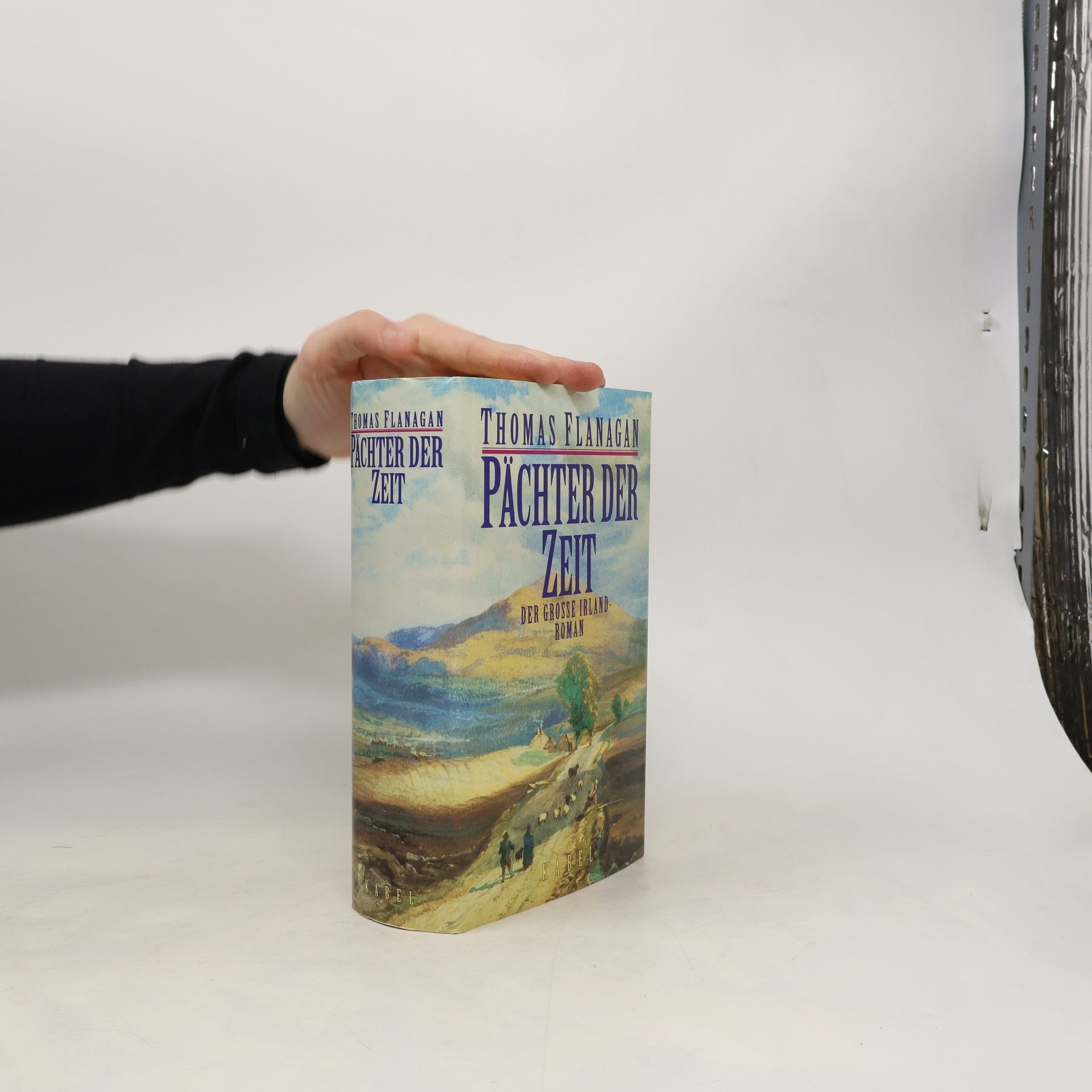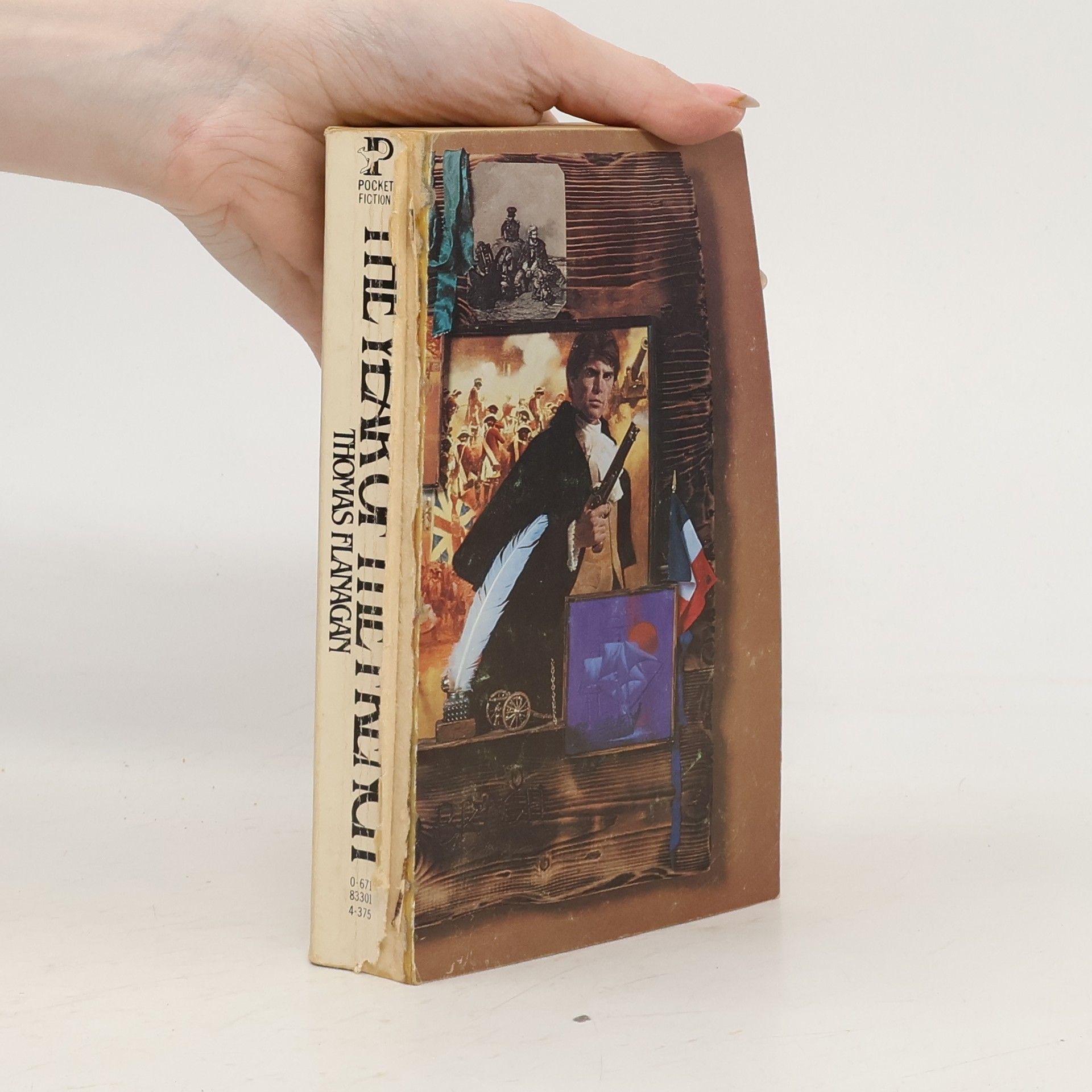Pivot or Pirouette? The 1993 Canadian General Election tells the story of the most surprising election in Canadian history.
Thomas Flanagan Books
Thomas Flanagan was an American professor of English literature with a specialization in Irish literature, who also found success as a novelist. His work is characterized by a profound understanding of Irish themes and stylistic mastery, rendering his prose distinctive. Flanagan explored complex aspects of Irish history and culture, with his novels offering compelling insights into human destinies within historical contexts. His literary contribution lies in his vivid portrayal of the past and his ability to merge academic insight with artistic storytelling.





The Year of the French
- 642 pages
- 23 hours of reading
The year was 1798, when a band of determined, romantic Irishmen rose up in the County Mayo against their English rulers and were joined in their heroic dream by the troops of revolutionary France. The arrival of Kileummin Bay of the French was the signal for that war of liberation to begin. Thomas Flanagan made an astonishing debut with this landmark novel of a legendary episode of Irish history. Eloquent and enriching, The Year of the French was named the most distinguished work of fiction in 1979 by the National Book Critics's circle.
The Irish Novelists 1800'1850
- 376 pages
- 14 hours of reading
Roman über den Verlauf und die Folgen des irischen Fenier-Aufstandes gegen die britische Herrschaft im Jahre 1867.